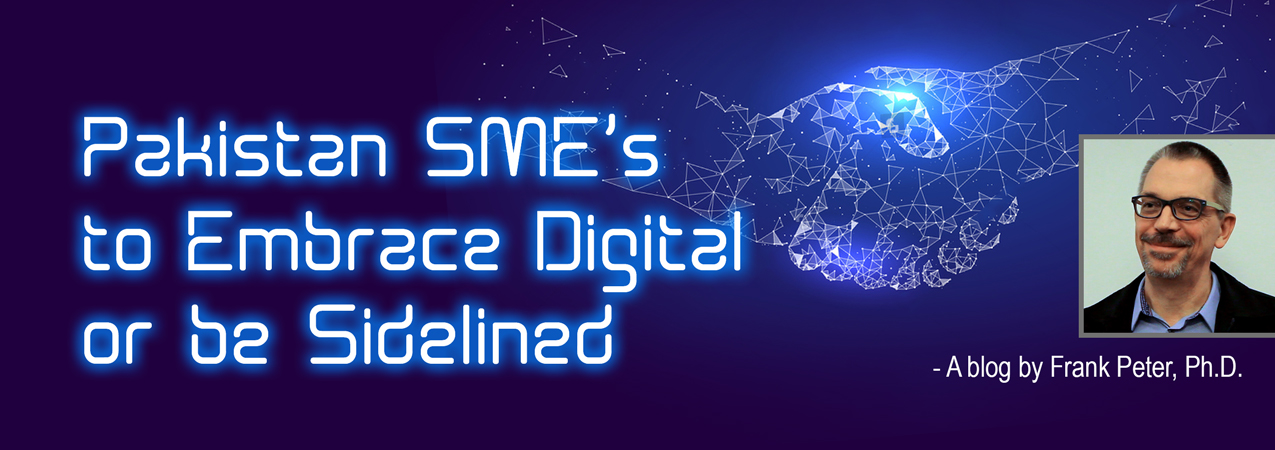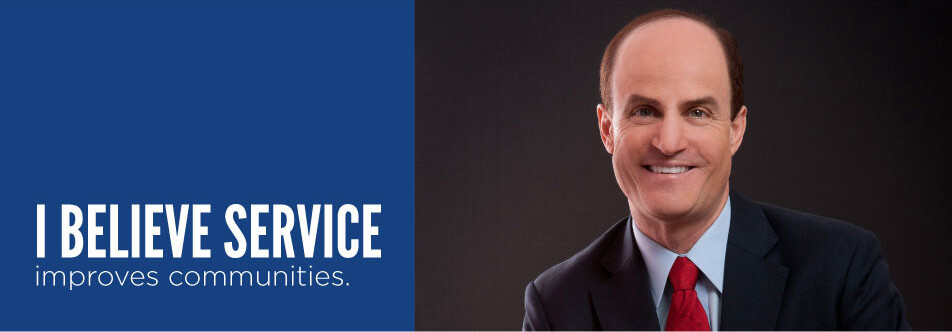
In2019, I set a goal to read 100 books — but unfortunately, I fell short. Due to a combination of illness, personal challenges, and plain old lack of motivation, I only read around 77.
But 77 books is still enough to feel the books blur together. Rather, to feel most of them blur together. When you read so many books, there’s always a handful that stick out above the rest. Books that not only teach you what you need to know, but change you at a deeper level.
What makes a book change you is less about how good a book is, and more about how right a book is — whether the right person is reading the right book at the right time.
So, what follows is not a list of the world’s best books or the books with the best writing quality, but the 5 books that changed my life this year. They were, for me, the right books at the right time.
Note that these are the five best books I read in 2019, not the 5 best books that came out in 2019.
‘The World Beyond Your Head’ by Matthew B. Crawford
“The cherished “coherence” of the self is a myth we ought to grow out of anyway.” — Matthew B. Crawford
For a long time, the theology of eastern religions seemed like woo-woo nonsense to me. I heard them say “all things are one” and arrogantly thought “well, I’m not the same thing as my hairdryer, so clearly everything is not one. Duh.”
When I read The World Beyond Your Head, that stopped. Crawford explains, in a philosophical and nonreligious way, how we are all ultimately contingent with our environment. We like to imagine we have independent ‘selves’ that stand above the world and make judgments about it, but in reality, that which we call a ‘self’ is itself determined by our surroundings. We are no more independent of our environments than the plants and animals around us.
This stands in contrast to the typical western conception of the ‘self’ as a mystical other that stands above the world, looking down and making impartial decisions. This is reflected in western religious ideologies like the idea of the soul, or animating forces that exist independently of the body and go somewhere else when the body expires.
The significance of this is that if our ‘selves’ are contingent with our environment, then we have to include our environment in our definition of our ‘selves.’ When you consider this, the entire idea of separate souls or spirits begins to fall apart.
If this sounds like a hard sell, that’s because I’m trying to do so in two paragraphs. In The World Beyond Your Head, Crawford provides an amazing proof of this and more. Anyone looking to understand what it means to live should give this book a read.
‘Become What You Are’ by Alan Watts
“Apart from life, the self is as meaningless as a solitary note taken from a symphony, as dead as a finger cut from the hand, and as stagnant as air caught from the wind and shut tight in a room.” — Alan Watts
Of all the books on this list, Become What You Are is by far and away my favourite. Had I read Become What You Are before reading The World Beyond Your Head, it probably wouldn’t have captured my interest so vividly. But after Crawford taught me that the ‘self’ does not exist (aside from as a convenient construction we use to understand the world), what Alan Watts had to say made a lot more philosophical sense.
And what he has to say is this: Nothing exists except the present moment. The past doesn’t exist. The future doesn’t exist. Your thoughts and memories about these things don’t exist either. You don’t even exist, not really — what you call “yourself” is just an abstraction created to help the mind understand what’s going on, to help the mind understand the thoughts which pass through it.
The problem is, we’ve become overinvested in this abstraction. We’ve let the mind create so many thoughts it’s spun out of control. Together, our minds have created an entire imaginary reality, full of things like ‘ambition’ and ‘religion’ and ‘duties’ to keep its little top spinning.
Become What You Are is a book of essays loosely connected by these themes, and my favourite essay in the book is The Finger and The Moon. It’s a short but extraordinarily well-crafted essay that explains that while religion is important, many people miss its point. The point of religion is to be a finger, pointing at something; once you see what it’s pointing at, you no longer need the finger.
I will admit that sometimes, Watt’s style is a little flowery. People used to hard-nosed academic works will have a tough time taking Watts seriously. But if those tough academic-types can suspend disbelief for long enough to get through the book, I daresay they will find something useful within.
‘The Sense of Style’ by Stephen Pinker
“The order in which thoughts occur to the writer is different from the order in which they are easily recovered by a reader.” — Stephen Pinker
There is a certain type of book which is read for the purpose of getting better at something (in this case, writing). While these books may be fun and easy to read, the most important measure of this kind of book is how much better it actually makes you at the activity in question.
And when it comes to that kind of book, The Sense of Style is the best I’ve ever read. Reading The Sense Of Style is done to improve your writing ability, and while it is reasonably funny and reasonably easy to read, it vastly improved my writing. What’s more, it did so from day one.
The reason The Sense of Style impressed me so much is that while most writing books are part writing guide, part memoir, Pinker focuses on the academic realities of language. I appreciate this a great deal. While Lamott’s stories in Bird by Bird are admittedly hilarious, I didn’t come away from Bird by Bird knowing much more about writing. But after reading Sense of Style, I certainly did.
Pinker achieved this change by teaching me about sentence construction. Pinker walks the reader through sentence trees step by step, explaining how people interpret sentences using academic findings in linguistics. Using this, he teaches the reader how to construct sentences that make the most sense to readers.
For instance, consider the sentence “Pinker achieved this change by teaching me about sentence construction” in the previous paragraph. I could have also written it as “It was through lessons about sentence construction that Pinker achieved this change in my writing.”
Technically, nothing is wrong with the second variation, but the first variation is clearly better. Why? Because it presents the ideas of the sentence in a logical order. In the prior paragraph, I established Pinker caused a significant change in my writing. It makes more sense to connect sentence construction to this change first than it does to bring it up out of the blue.
So powerful was this lesson that it changed not only the way I write, but the way I speak as well. People around me have told me lately that I am very articulate, and it’s because of the lessons in Sense of Style. If you’re a writer, you won’t regret reading it.
‘The Storm Before the Storm’ by Mike Duncan
“After his body was found, Gaius’s head was duly cut off and secured by a savvy former supporter. The erstwhile Gracchan carried the head home and “bored a hole in the neck, and drawing out the brain, poured in molten lead in its place.” Then he carefully “stuck the head of Gaius on a spear and brought it to Opimius, and when it was placed in a balance it weighed seventeen pounds and two thirds.” Opimius paid him in full.” — Mike Duncan
The Storm Before The Storm is a historical book about the last of the days of the Roman Republic. It details the last two hundred or so years of the Republic, ending with the generation that would witness the first Roman Emperor.
While I’ve lately come to think Roman history is actually pretty cool, that’s not why I’m recommending this book. The fact that it’s a cool history book isn’t enough for me to justify recommending it to a general audience which may or may not care about history. I’m recommending it because it will make you care about history.
If you haven’t spent any time reading about Roman history, the names and facts in this book are going to be foreign to you. The culture will appear utterly unfamiliar. It’s a fascinating intellectual exercise: a human society, made up of humans just like you, on the same planet as you, who have developed a culture and a way of being that is utterly unfamiliar. This is sometimes the plot of post-apocalyptic fiction novels, but the fact that it really happened adds an extra layer of significance.
The juxtaposition of this foreign society to our own is illustrative. Things you would expect to be similar are not, and things you would expect to be different are not either. It forces the reader to acknowledge a lot about human nature, about both the good and evil that is present in everyone.
‘Secrets of the Millionaire Mind’ by T. Harv Eker
“No amount of money, or anything else for that matter, will ever be enough for people who feel they are not good enough themselves.” — T. Harv Eker
Secrets of the Millionaire Mind is exactly the kind of self-help book which angers intellectuals the most: Eker capitalizes words that don’t need to be capitalized, coins phrases for things which really don’t need their own trademarked phrase, and repeats the same idea over and over for several paragraphs in a row, and ends the book with a sales pitch for his mastermind class.
Despite all that, though, Eker’s writing was very powerful for me. Underneath all the sales-y language and Camel Cased Phrases were very old, very powerful lessons about how your financial life is determined not by your financial skill, but by the fundamental beliefs you hold about money. For example:
- Some people unconsciously believe money is difficult to get, so they are less able to see opportunities to get it
- Some people unconsciously believe those who have money tend to be bad people, so they unconsciously keep themselves from having money so they are good
- Some people unconsciously believe they are not very good at their work and don’t deserve to have a lot of money, so they don’t charge as much for their work as they should
- Some people unconsciously believe that getting money is a zero-sum game, so they feel like if they have money, they are depriving someone else
The point is, at the end of the day, everyone’s financial situation is a product of their mindset around money.
The value of Eker’s book is that once he demonstrates this is true, he spends the rest of the book deconstructing the beliefs people have that hold them back from money.
And, like deconstructing any other dysfunctional beliefs you have, deconstructing your dysfunctional beliefs around money will help you achieve new levels of personal and professional success.
Mind Cafe in Your Inbox
Want to stay up to date with our top-performing posts each week? Sign up for email updates by following.



